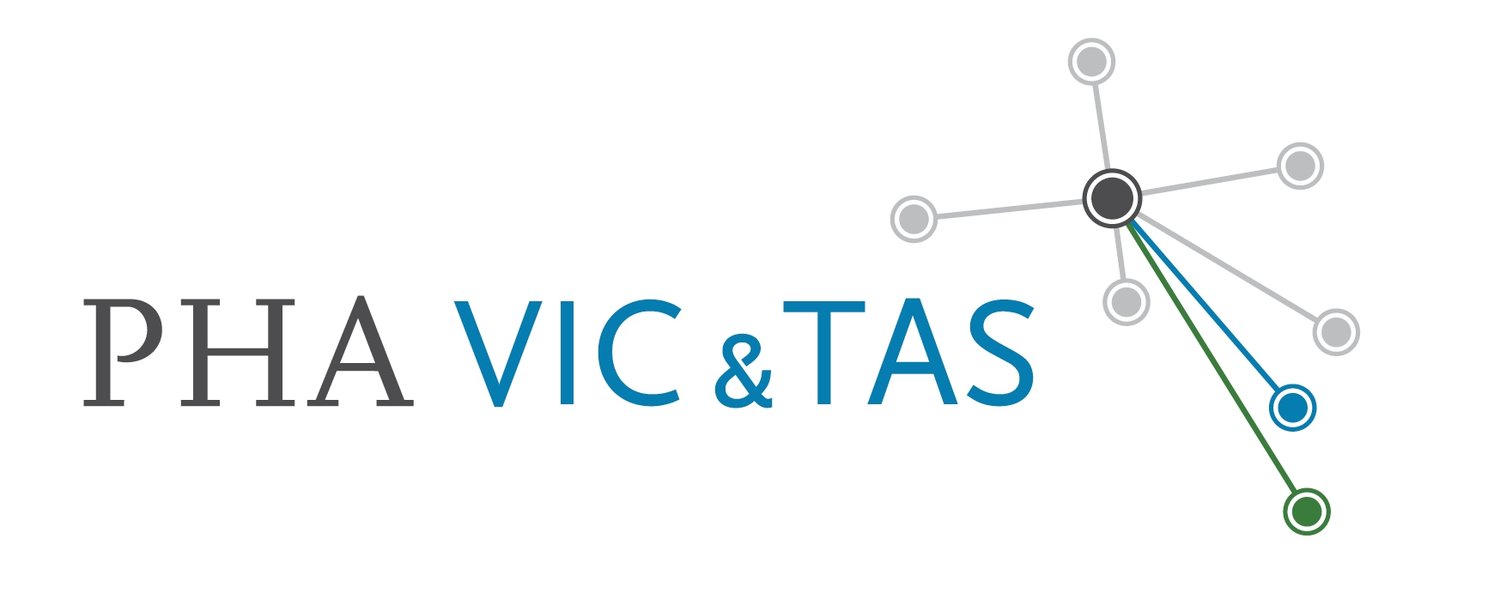The coronavirus has disrupted the world as we know it. If you have been affected, there are a number of government initiatives available to support businesses, sole traders and job-seekers. Note: some closing dates apply.
SESSION 1
STEPHEN GAPPS: A Topic Too Hot for the Australian War Memorial: The Australian Wars
-
Alex Threlfall took over as manager of ACC in 1997. The movement of computers from the office to the home inspired Alex to incorporate information technology skills training into the program. Alex started a Mind Your Own Business software class and collaborated with Peter Lee of Swinburne TAFE to offer computer skills training classes, funded by the State Government. Bringing in 18 laptops, mice and the associated cabling—no small undertaking in those days—Peter began teaching members how to use the mouse, what spreadsheets were, and the ins and outs of word processing.Description text goes here
-
Within the year, his classes had 70 attendees per week. The classes continued until 2006. Then as the internet expanded into day-to-day life, Alex accepted an offer from ANZ Bank to run free classes teaching members how to use internet banking. This challenged some of ACC’s clientele with one participant innocently enquiring, “but where does the money come out?”
FRANCESCA BEDDIE: After the War: What the Cowra Japanese Garden Can Tell us about Peacebuilding
-
The early 2000s saw another funding shift for ACC as Council sought to align its funding model with that of its other Centres; essentially moving the manager’s salary into the responsibility of the Centre’s Committee of Management. It translated as a $9,095 cut from ACC’s budget. Boroondara community leaders strongly protested the decision, but the Council refused to budge. Fortunately, the continuing popularity of ACC’s textile and fitness classes helped it absorb the cut and underpinned the financial security of the Centre into the impending global economic uncertainty of 2008-09.
-
Changes at Boroondara Council at this time, combined with its aging population growth, meant it began to invest more financially into its popular community centres. ACC could finally afford to rectify a lack of investment in its office IT infrastructure with an upgrade from dialup to broadband internet and its first website. But ACC still produced all schedules and programs on paper and relied on traditional marketing methods to advertise its services at a time people increasingly expected business functions to be available online.
Jeff Hopkins-Weise: Northern Australia’s last imperial outpost: Somerset, Cape York, 1864-67
-
The 2010s ushered in a difficult time. The retirement of several long-time tutors in Floral Art, Spanish and Italian was keenly felt by members and volunteers. Several staff left, including long-term office stalwart Tricia Noonan. A turnover in new managers over many months added to the vacuum in institutional knowledge and contributed to the stagnation of the Centre’s programs. But by far the biggest upheaval began in 2009 with the plan to demolish the old house and construct a brand-new Community Centre attached to the Library.
-
The re-opening of the Ashburton Community Centre in a brand-new building in November 2013 was met with renewed vigour (and great relief) from the staff and members. With the physical Centre out of commission, the Committee of Management took the opportunity to refresh the way ACC operated. It recruited new members with professional skills, reflective of the community demographic it drew from, and began putting in place improved governance practices and policies. Still the financial damage was significant.





